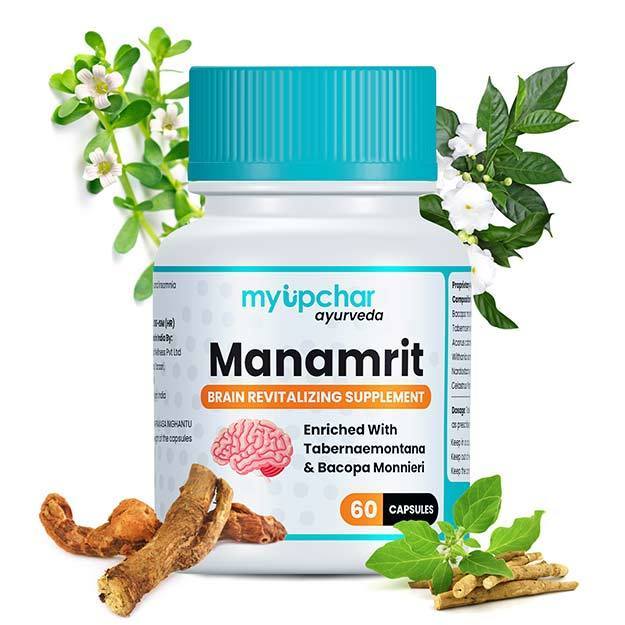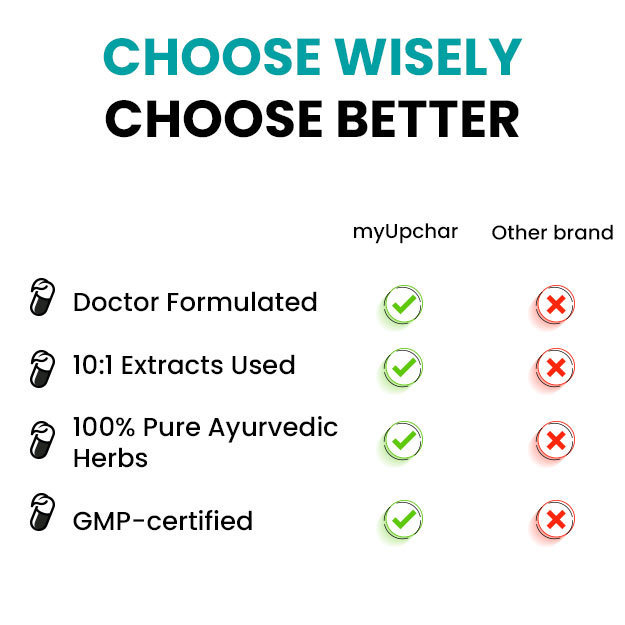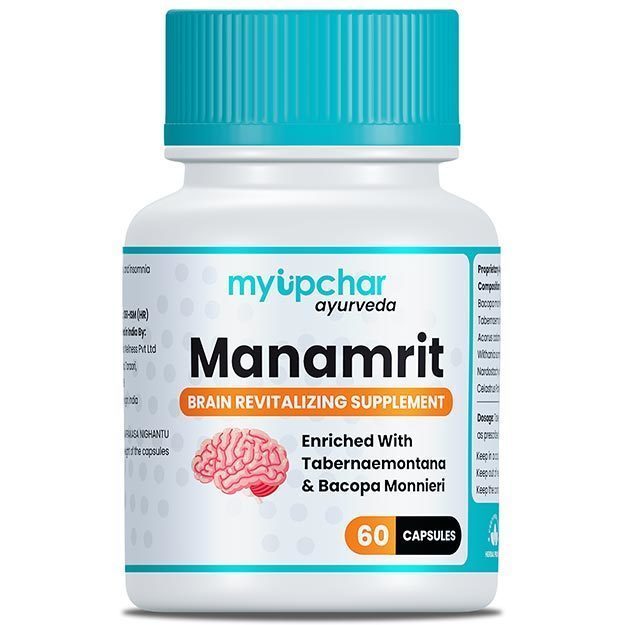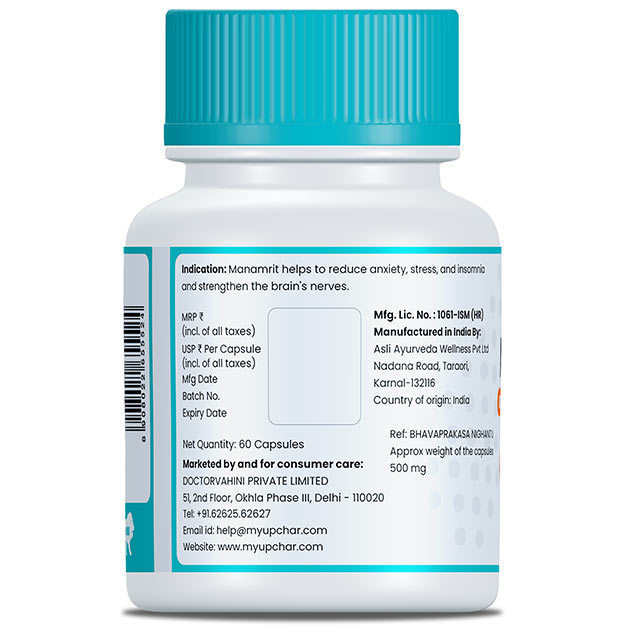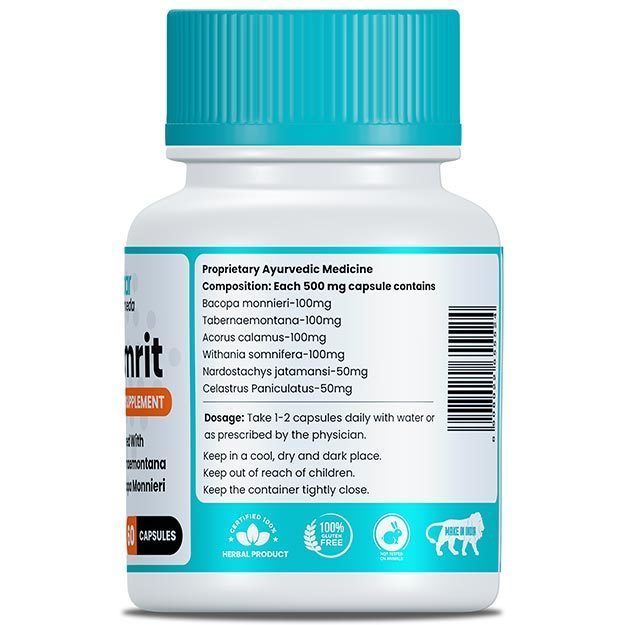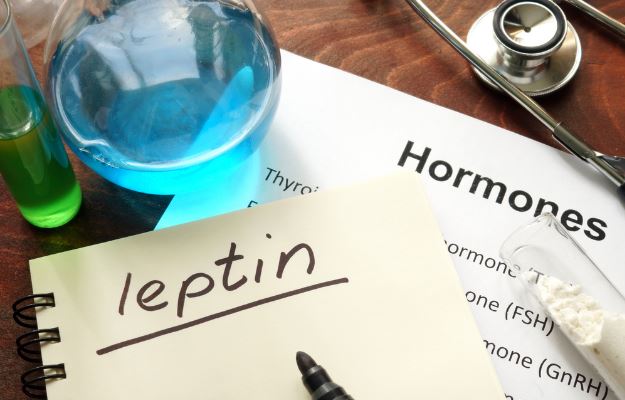Basil or Tulsi is also known the “The Queen of Herbs” or “Elixir of Life”. It has an incomparable status among the other herbs due to its medicinal, culinary and spiritual properties. There are three different varieties of Tulsi. Rama Tulsi which has green leaves, Krishna Tulsi which has purple leaves, and Vana Tulsi, which is a wild variety and has light green leaves.
Basil plants are being grown in India since the Vedic period and are held sacred by the Hindus. They are usually planted around the temples and can also be found in most Indian houses. The size and colour of the basil plants vary depending on the geography, rainfall and plant type.
It has a wide range of uses from cooking to medicine. The aromatic fragrance and bitter taste of basil is a treat to taste buds when consumed with salads and sauces. In ancient times, Tulsi was considered a symbol of purity. It was believed that even going near a Tulsi plant and smelling it can protect you from many infections.
Because of its spiritual status, it is also known as the holy basil. In Ayurveda, basil is known to provide a wide array of health benefits. Basil has anti-microbial, anti-inflammatory, anti-arthritic, chemo-preventive, hepatoprotective (protects liver), anti-diabetic, and anti-asthmatic properties.
Some Basic facts about Basil:
- Botanical Name: Ocimum sanctum
- Family: Lamiaceae
- Common Name: तुलसी Tulsi
- Sanskrit Name: Tulsi
- Other Names: Holy Basil, Rama Tulsi, Shyam Tulsi
- Origin and geographical location: Basil is native to India but it is also found in the Tropical regions from Central Africa to Southeast Asia.
- Interesting Fact: Environmentalists and scientists planted a million Tulsi plants around the Taj Mahal to protect it from the damage caused due to pollution.
















